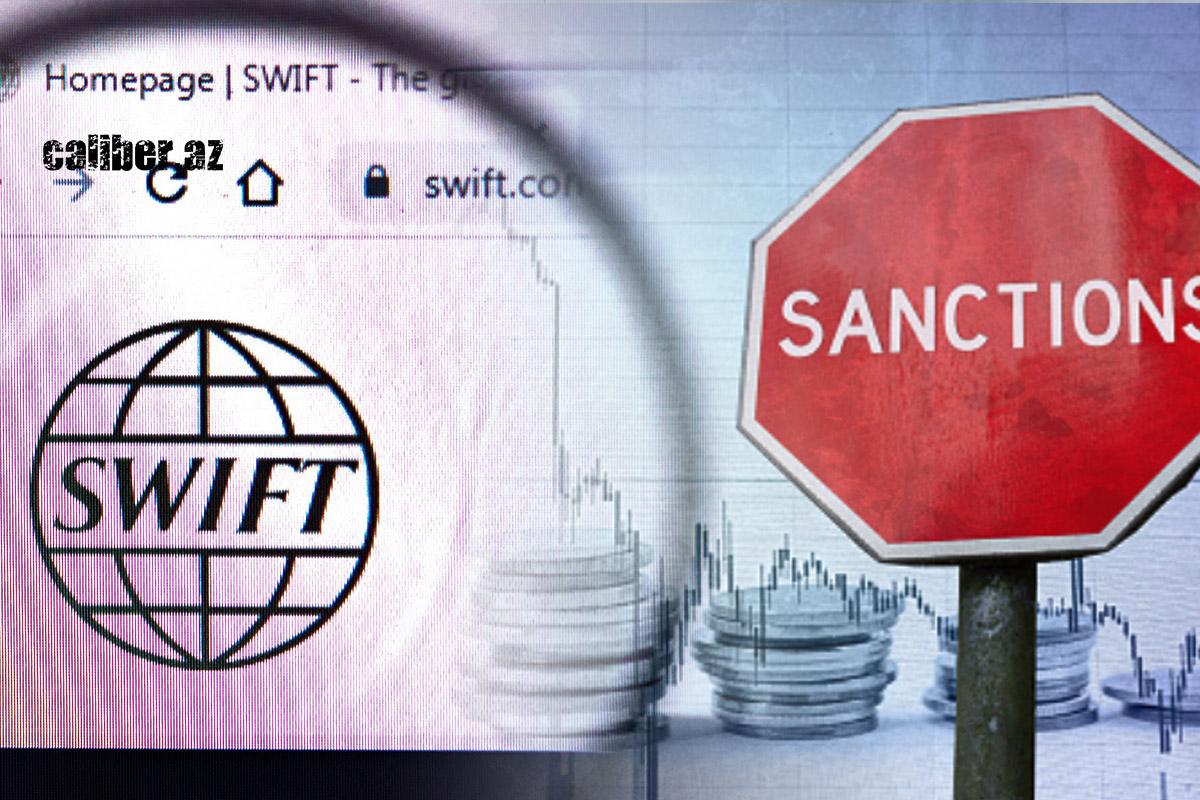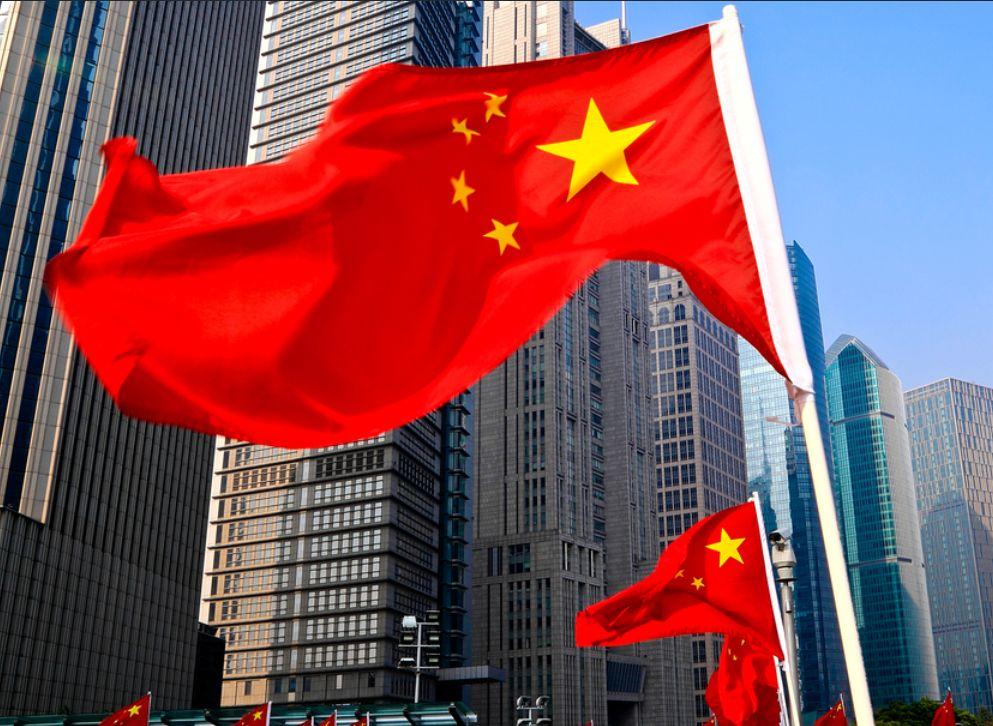"US foreign debt - pet cause of Russian propagandists" Russia's ex-economy minister for Caliber.Az
Caliber.Az presents an interview with Andrei Nechayev, former head of the Russian Economy Ministry and Doctor of Economics.
- The European Union has adopted another, already the 7th package of anti-Russian sanctions. The main restrictive measures are freezing assets of Sberbank, one of the leading banks in Russia, as well as a ban on imports of Russian gold, including jewelry, from third countries in particular. In addition, 48 people were subject to individual sanctions. The list includes First Deputy Prime Minister Andrei Belousov, Moscow mayor Sergei Sobyanin, actors Vladimir Mashkov and Sergei Bezrukov, member of the Security Council, and former Prosecutor General Yuri Chaika, co-owner of the Ural Mining and Metallurgical Company (UMMK) Andrei Kozitsyn. In addition, control over exports of dual-use products to Russia has been strengthened. And this is amid numerous allegations that the Europeans have exhausted themselves and are more cautious in their decisions on anti-Russian sanctions. Is this really the case?
- There is a grain of truth in it. After all, if we talk about the 7th package of sanctions, many of the restrictions there are quite ridiculous or even backpedal. For example, the ban on Russian ships entering ports has now been extended to locks as well. Or the fact that Russia is allowed to provide technical assistance on aviation goods and technologies to the extent necessary to maintain ICAO technical and industrial standards. According to the Wall Street Journal, Russian titanium manufacturer VSMPO Avisma was excluded from the sanctions list at the last moment out of concern for damage to the European aircraft industry.
It is also stressed in the document that the sanctions "in no way concern" Russian trade in agricultural products with third countries, and even Russian banks under sanctions will be able to service exports of agricultural products and fertilizers.
The looming economic recession in Europe, combined with high inflation and an energy crisis, clearly makes European politicians increasingly thoughtful and cautious about sanctions against Russia. It is increasingly difficult to build up pressure without harming one's own economy. The mood of voters, with whom European politicians, unlike Russian politicians, have to reckon, is clearly deteriorating. A united European front on technological, financial, regulatory, and individual sanctions, unexpected for Russian authorities, has been replaced in the first weeks of the war by disagreements over energy sanctions and debates over whether the new restrictions hurt Europe more than they hurt Russia.

- Russian experts often talk about de-dollarization, the huge US foreign debt, and the loss of the dollar's dominant position in the world. Is it possible to believe such conclusions?
- As for the giant US foreign debt, this is a pet cause of Russian propagandists. In fact, the US does not distinguish between foreign and domestic debts, because they pay for all of them in currency, which they print themselves. So, to put it very simply, the Americans can just print some more dollars to pay off the debt easily.
- But then another question arises - will these dollars be accepted?
- Here we have to go back 70 years to the famous Bretton Woods agreement when all the leading countries of the world signed a monetary treaty that the dollar would be a reserve currency and it would be pegged to gold. After World War II the economy of Europe was ruined, and, accordingly, a stable currency with a peg to gold was out of the question. Then an agreement was made, and the dollar became the world currency because the US economy played an absolutely dominant role. Bigger than now. Then in the 1970s, the gold standard was abandoned, but nevertheless historically and traditionally and most importantly, because the US is the largest economy in the world, and therefore it is the largest seller and buyer, the dollar remained the leader. The fact is that the US has traditionally had a negative trade balance. They import more than they export. So it is natural that the world's key economy plays a dominant role in the world's financial markets. Anyone knows that with dollars they can buy what they need almost anywhere in the world.
There is a second point, a more subtle one. America has the most developed financial market, so a huge number of companies place their securities, stocks, or bonds on the American stock market. Despite all the talk about gigantic foreign debt, US securities remain one of the most reliable financial instruments. There has never been a precedent for the US Treasury to default on its obligations. Consequently, free capital from around the world tends to flow into the United States. The Russian Central Bank and the National Welfare Fund also largely kept their foreign exchange reserves in US securities until recently. This was done because of their high reliability. And by the way, we are already seeing that as part of the fight against inflation, the Fed is raising its rates. And after that, corporate and government securities prices start to rise, which means that all the world's capital will continue to flow into the United States.

- And what can you say about China? This is particularly interesting in the context of Russian-Chinese relations.
- We have to admit that the Chinese are not simple guys either. For many years now, discussions between the US and China have been going on with varying degrees of intensity. The Americans regularly demand that Beijing raise the exchange rate of its yuan, while the Chinese keep it artificially undervalued against the dollar. Meanwhile, China has been investing part of its export money in US securities for years. This is how they strike a balance. The US market is extremely important to China, a key market, and an absolute priority.








